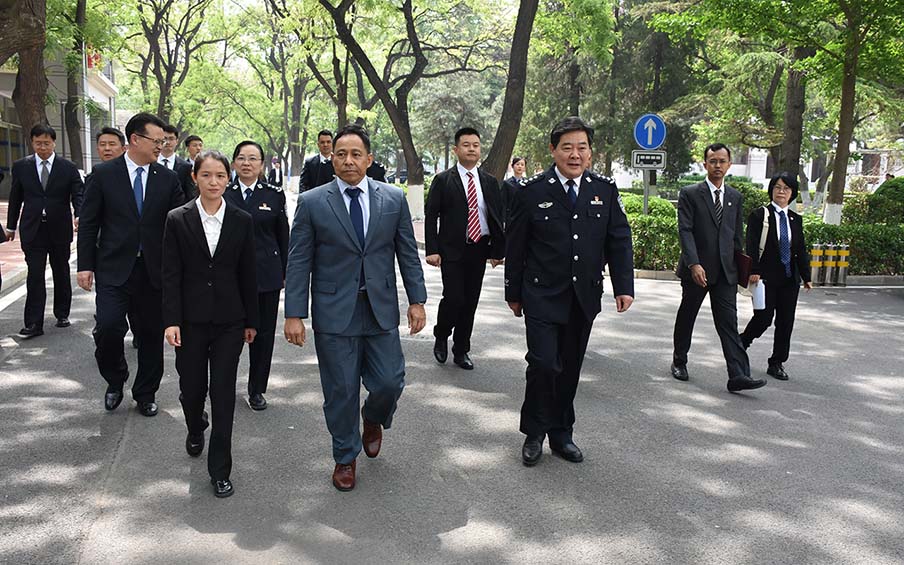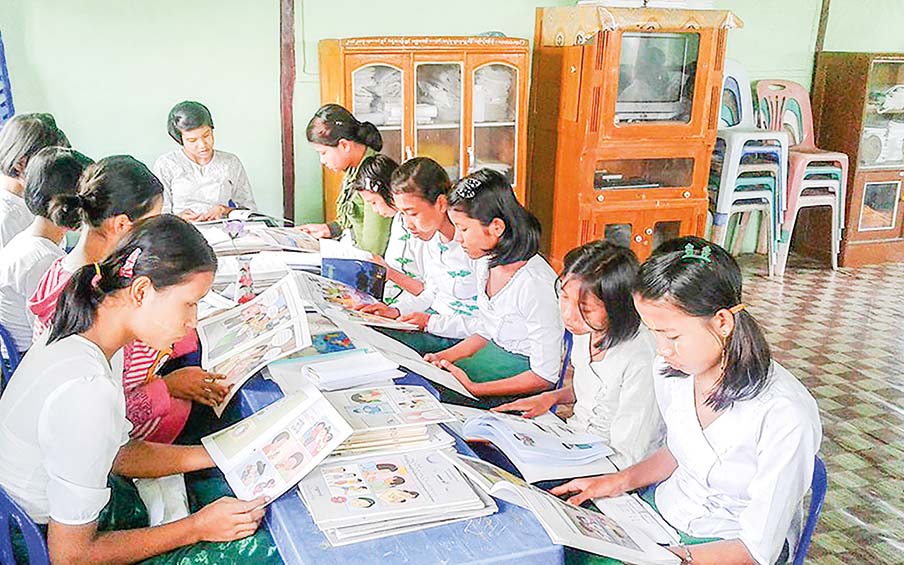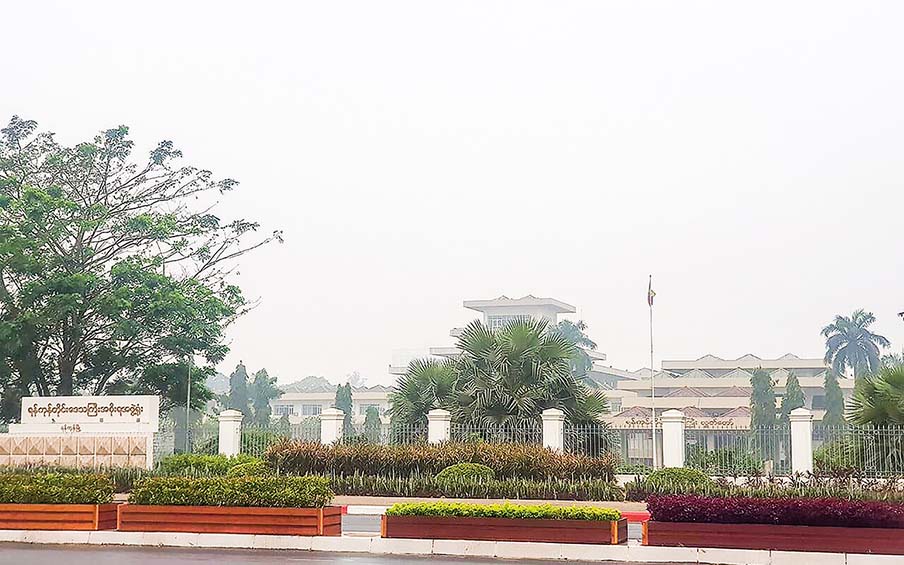While bearing the brunt of market difficulties brought by the COVID-19 pandemic, many farmers counting losses due to market difficulties and extreme weather events caused by the climate change.
If they had post-harvest technologies or infrastructures, they could store their produce for a long time and sell when the situation stabilizes and they could harvest their products in time before unseasonal weather came to them.
Hence, the private sector should seize this business opportunity and to invest in post-harvest handling technologies including cold rooms, warehouses and many post-harvest techniques.
Getting access to required technology which can increase their production and can ensure suitable prices for their produce in the market is also one of the rights of the farmers.
Climate change causes crop damage yearly in Myanmar and thus the Agriculture Research Department has developed 25 hybrid strains which are climate-resilient crops suitable to the soil of the nation.
In addition to growing of paddy as a main food, Myanmar is a country of growing such edible oil plant as peanut, sesame, sunflower and varieties of pea; such kitchen crops as various kinds of vegetables; and such perennial crops as mango, rubber and coffee. The post-harvest technology should focus on all crops grown in our soil.
Getting access to required technology which can increase their production and can ensure suitable prices for their produce in the market is also one of the rights of the farmers.
Post-harvest infrastructure, such as storage and distribution facilities, is vital to a farmers’ market, according to the current market-oriented economic system. To implement the farmers’ market system, we need time and space to improve such facilities and to encourage practices which can enable a sustainable market situation.
Meanwhile, it’s worth noting that youth who have been engaged in paddy works are searching green pastures in urban areas or going abroad for their better future. As a result the strength of workforce in agriculture sector decrease facing bad consequences as rising in wages, failing to cultivate in time, increasing in loss and wastage and decreasing in production.
Commitments to get rid of these kinds of loss and wastages should be made by traders, experts and investors at home and abroad.
It’s unacceptable for farmers to continue incurring such losses after working so hard in a bid to improve their lives.














